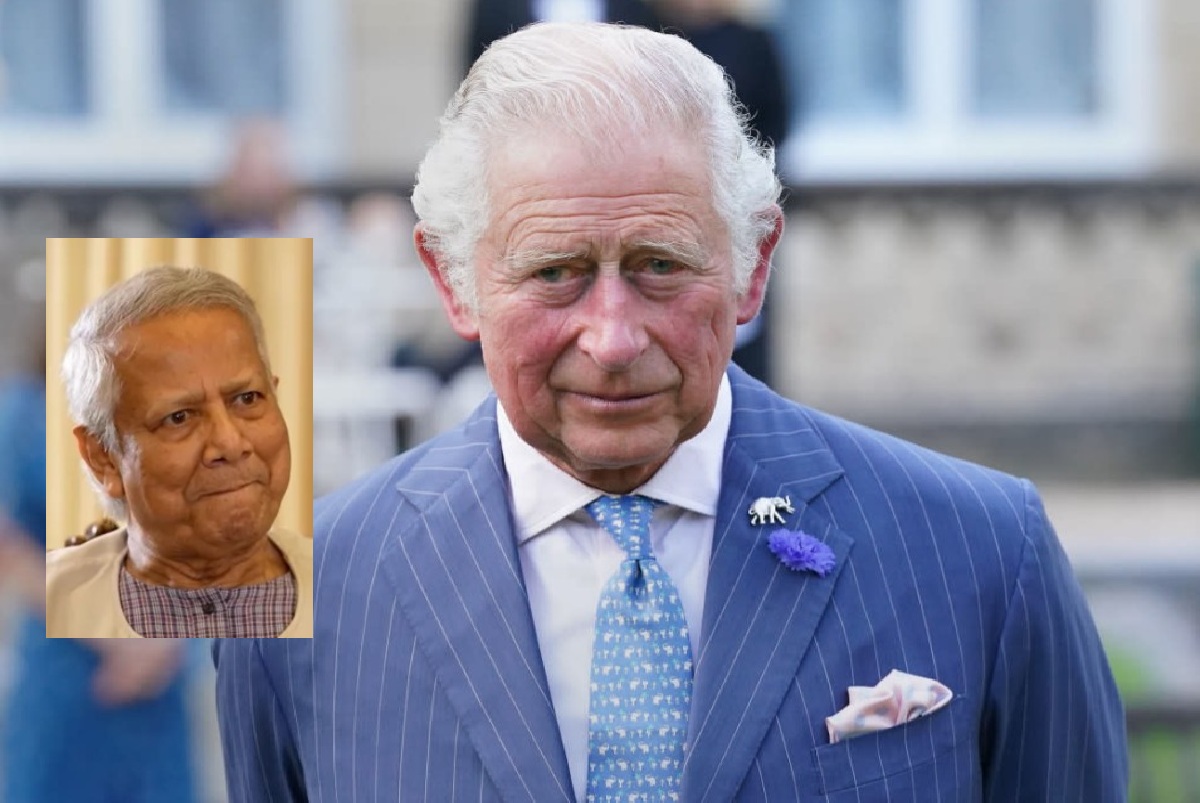In one of the most egregious cases of financial fraud tied to US defense contracting, Douglas Edelman – a once little-known businessman who grew into a Pentagon fuel supply magnate – has pleaded guilty to what authorities are calling one of the largest criminal tax evasion schemes in American history. The case, spanning nearly two decades and involving more than US$350 million in concealed offshore income, is being described as a wake-up call for the US government’s oversight of wartime procurement and financial accountability.
Edelman’s downfall not only highlights vulnerabilities in the Pentagon’s contractor vetting system but also offers a stark lesson about the global reach of illicit finance when left unchecked. Authorities say the scope of the fraud was staggering – an intricate web of lies stretching from Washington to Central Asia and beyond.
From bartender to billionaire fuel tycoon
Douglas Edelman began his improbable rise to wealth in the 1990s, operating a bar in Bishkek, Kyrgyzstan. It was there he developed valuable connections with regional fuel suppliers. Following the US military’s expansion into Afghanistan after 9/11, Bishkek’s Manas International Airport became a critical logistical hub. Edelman’s companies – Mina Corp. and Red Star Enterprises – secured lucrative contracts to supply jet fuel to US forces.
Between 2003 and 2014, his firms raked in over US$7 billion in US Department of Defense contracts. But behind the scenes, Edelman was building something far more nefarious than a global supply empire: a scheme to defraud American taxpayers.
Web of deception
Rather than report his massive income, Edelman orchestrated an elaborate tax evasion plot. Central to the scheme was his false representation that his 50 percent ownership in Mina Corp. and Red Star Enterprises was held not by him, but by his wife, a French citizen residing overseas. This allowed him to hide more than US$350 million in untaxed profits through shell companies in known tax havens such as Belize, Panama, the British Virgin Islands, and Singapore.
According to court documents, Edelman and his co-conspirators “created a false narrative supported by backdated documents, nominee directors, and fabricated ownership transfers to deceive US tax authorities”.
“This was not a simple case of someone hiding a few dollars offshore”, said IRS Criminal Investigation (IRS-CI) Chief Guy Ficco. “This was a highly sophisticated international tax fraud designed to evade hundreds of millions of dollars in US taxes. It required coordination, concealment, and deceit at the highest level.”
Lavish living, global footprint
While evading taxes, Edelman enjoyed the life of an international mogul. He bought a US$43 million mansion in London’s Kensington neighborhood and held real estate in Vienna, Nairobi, Tulum, and the Austrian Alps. He invested in a farm in Kenya, funded entertainment projects – including a Billy Graham biopic – and launched an MTV franchise aimed at Eastern Europe’s youth.
He also dipped into ventures in South Sudan, raising concerns about his entanglement in high-risk zones with weak regulatory environments. These activities, authorities say, were funded by the American taxpayer—albeit indirectly—through tax evasion and unchecked Pentagon contracts.
Cracking the case: Operation Jetsetter
The breakthrough came when the Joint Chiefs of Global Tax Enforcement (J5) – a task force comprising tax authorities from the US, UK, Australia, Canada, and the Netherlands – launched “Operation Jetsetter” to dismantle large-scale international tax evasion networks.
Through cooperation with foreign law enforcement and financial institutions, the task force traced Edelman’s funds through multiple offshore jurisdictions. The investigation involved combing through over 2 million documents, tracking account transfers, nominee arrangements, and complex corporate structures.
“Operation Jetsetter was designed for exactly this kind of target”, said a senior J5 official who spoke on condition of anonymity. “Edelman was a textbook example of someone who believed that wealth, influence, and overseas operations could shield him from accountability. We proved otherwise.”
Arrest and legal action
Edelman was arrested in July 2023 while vacationing in Ibiza, Spain, and extradited to the U.S. Soon after, he was released on a US$12.9 million unsecured bond and placed under house arrest. However, he violated bail conditions by contacting a co-conspirator, prompting a federal judge to revoke his release and order his incarceration in December 2023.
On May 21, 2025, Edelman, now 73, pleaded guilty to 10 felony counts, including conspiracy to defraud the United States, tax evasion, and making false statements.
“Today’s guilty plea demonstrates that no matter how elaborate the scheme or how far someone goes to hide their income, the Department of Justice will uncover the truth and hold wrongdoers accountable”, said US Attorney Matthew Graves for the District of Columbia.
“Edelman’s fraud spanned continents, employed complex corporate structures, and involved hundreds of millions of dollars – but ultimately, justice caught up with him.”
Sentencing and financial penalties
Edelman is scheduled to be sentenced on November 17, 2026, and faces significant prison time. Prosecutors are also seeking financial penalties of up to US$128 million, not including restitution or interest.
“This is one of the largest criminal tax cases we’ve seen in recent history, and it sends a clear message: if you hide money from the US government, we will find you, prosecute you, and hold you fully accountable,” added Chief Guy Ficco of IRS-CI.
Systemic failure or deliberate blind spot?
The Edelman case has led to broader questions about how such a massive fraud went undetected for so long – especially given the size and importance of his government contracts.
Despite the 2021 passage of US laws requiring contractors to disclose their beneficial ownership, the Department of Defense has failed to enforce full compliance. Investigators noted that Edelman’s companies operated with remarkable impunity in Kyrgyzstan, Dubai, and Gibraltar, often winning sole-source contracts without public scrutiny or competitive bidding.
“This wasn’t just a failure of one agency; it was a systemic breakdown in due diligence and accountability”, said Tom Cardamone, president of Global Financial Integrity, a Washington-based think tank. “The fact that Edelman got away with this for years speaks volumes about the need for better enforcement of anti-money laundering and anti-corruption standards, particularly in defense spending.”
A warning for the future
As the Edelman saga draws to a close, investigators hope it will act as a deterrent to others tempted by offshore secrecy and government contract wealth.
“This case underscores why international collaboration is vital in fighting financial crimes”, said IRS-CI Deputy Chief Jim Lee. “Money laundering and tax evasion are no longer confined within national borders. And neither are our efforts to pursue justice”.
Greed, secrecy, and global consequences
Douglas Edelman’s story is a cautionary tale of how unchecked ambition, combined with global financial opacity, can lead to staggering abuses of power. His rise from a bar owner in Kyrgyzstan to a Pentagon-favored contractor, and his subsequent fall as one of the biggest tax cheats in US history, reflect not only personal greed – but also institutional failures.
As reforms are discussed in Congress and among defense officials, one truth remains clear: without greater transparency, oversight, and accountability, the next Edelman may already be operating in the shadows.
douglas-edelman-the-rise-and-fall-of-a-pentagon-contractor-turned-tax-evader
















Leave a Reply